#peasant history
Text
happy Galician Slaughter anniversary to every polish person with peasant ancestors!

#serfdom#peasants#peasant history#social inequality#galician slaughter#rabacja galicyjska#jakub szela#peoples' history#moje#this may seem edgy to some of you but idc
3 notes
·
View notes
Text

#poland#culture#folk culture#folklore#history#polish culture#polska#folk costumes#the peasants#chlopi#twitter
547 notes
·
View notes
Text
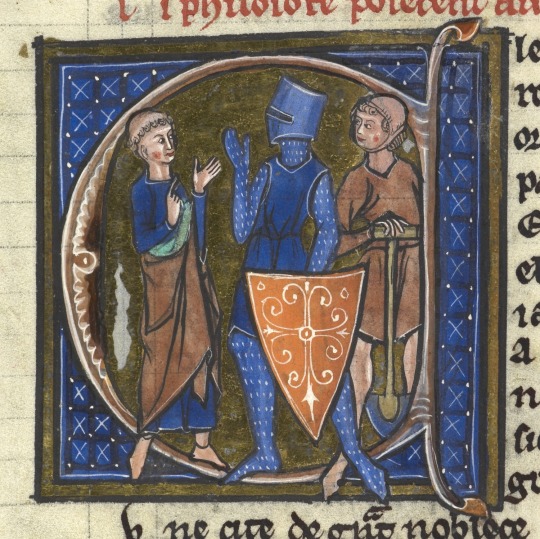

"Cleric, Knight, and Peasant representing the three classes", from Li Livres dou Santé
The tripartite social order of the Middle Ages: the ōrātōrēs (those who pray – clerics), bellātōrēs (those who fight – knights, that is, the nobility), and labōrātōrēs (those who work – peasants and members of the lower middle class).
#medieval#middle ages#manuscript#art#cleric#clergy#knight#nobility#peasant#workman#europe#european#history#knights#illustration#clerics#peasants#french#france
259 notes
·
View notes
Text
Medieval peasants did not behave in a manner modern social scientists think of as optimal for their circumstances.
--Barbara A. Hanawalt, The Ties That Bound: Peasant Families in Medieval England.
(Dr. Hanawalt explains that there is no real evidence that English peasants were living in or even particularly acknowledging the existence of extended kinship groups in the 14th-15th century, no matter how much anthropologists think they should have been.)
#barbara a hanawalt#the ties that bound: peasant families in medieval england#history#england#kinship#medieval history#english did not have a word for COUSIN until borrowing it from french#english did not have a word for AUNT#there was a word for a father's brother#for nuclear family#and that was IT
213 notes
·
View notes
Text
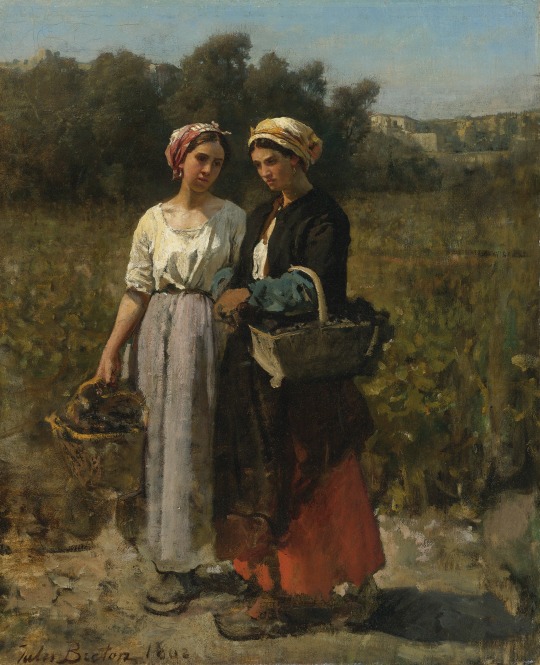
Two Young Women Picking Grapes (study for The Vintage at Chateau Legrange), Jules Breton, 1862
#art#art history#Jules Breton#genre painting#peasant scene#Realism#Realist art#French Realism#French art#19th century art#oil on canvas#Joslyn Art Museum
216 notes
·
View notes
Text
Whump idea: hundreds of years ago, peasants revolt against the upper class. A knight / noble / lord / prince was abducted, and was pretty much just an absolute punching bag for all of them. To the point where he’s just broken.
A farmer, or laborer or something, sees him and is just like “this is too far” and discreetly cares for him; giving him lots of water, giving him extra porridge, letting him sleep inside when no one is looking etc.
and the noble is initially distrustful after all he’s been through, but soon he becomes insanely grateful and feels indebted to him for this.
If anyone would like to write this, please do!! I’d love to read it :)
#whump#historical whump#medieval whump#history whump#writing#writers#angst#enemies to friends#knight whump#noble whump#royal whump#unexpected caretaker#caretaking#caretaker#whumper to whumpee#royalty whump#someone write this#im begging#peasant revolt#whumper turned caretaker#whumpertaker#carewhumper#carewhump#prompt#whump prompt
184 notes
·
View notes
Video
forget the monarchy! Long live the crafts people!
#tiktok#tassels#greedy peasant#arts and crafts#crafts#craftspeople#crafts people#infographic#british monarchy#monarchy#fabric#monks#coronation#british royal family#royal family#royal history#the royal family#royality#art#art history
258 notes
·
View notes
Text
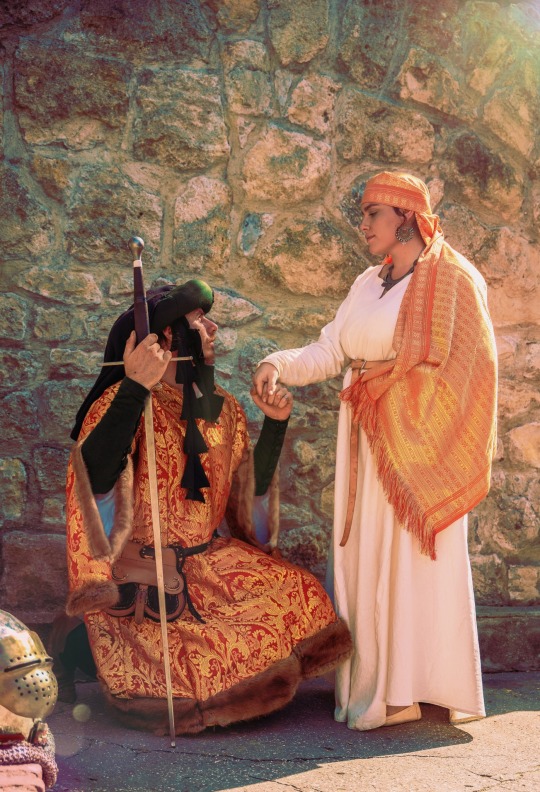
And to that, I hold. I would rather share one lifetime with you than face all the ages of this world alone.
(Original photo from medieval festival in Belgrade, Serbia - ig: @sarcasmaddict_ @_witch_king_of_angmar )
#15th century#living history#medieval#reenactment#reenactor#medieval clothing#medieval knight#fantasy#photoshoot#photo edit#princesscore#medieval fashion#medievil#medien#poppy and casteel#medieval painting#medieval period#medieval poetry#medieval peasant#medieval dress#tailoring#sewing#embroidery#fabric#instatumblr#instalike#instagram#aesthetic#lord of the rings
117 notes
·
View notes
Text
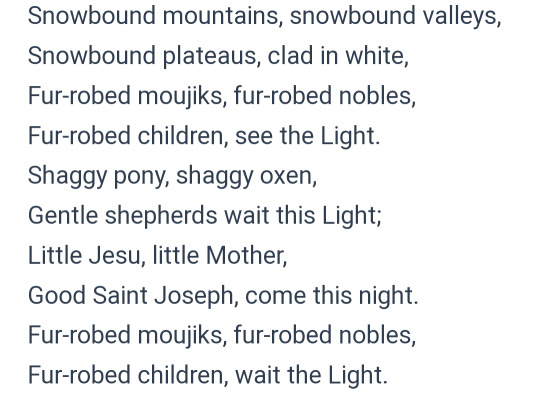
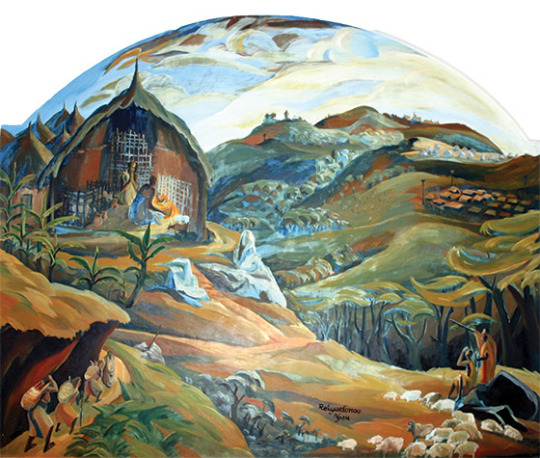
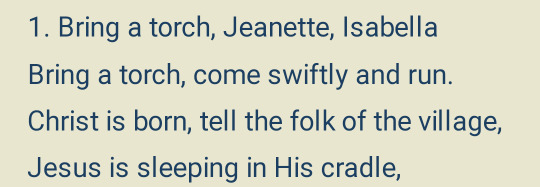
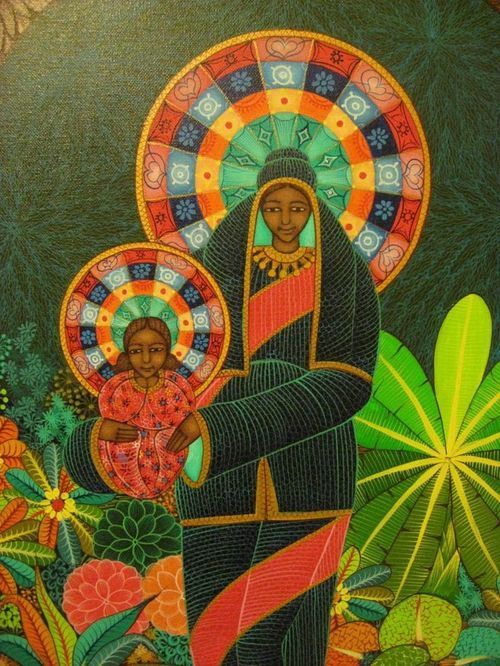

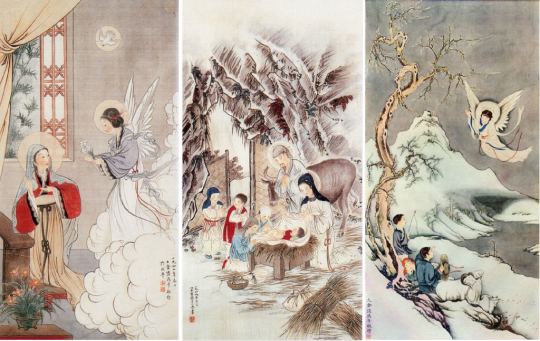
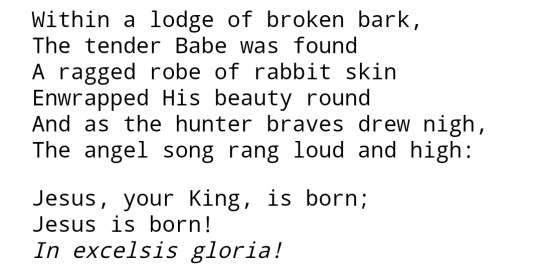
We see him come and know him ours
Russia: "Carol of the Russian Children," traditional // Kenya: The Nativity, Elima Njau // France: "Bring a Torch, Jeanette Isabella," Nicolas Saboly // Haiti: Madonna and Child, Ismael Saincilus // Australia: "The Three Drovers," William James // China: Tryptic by Lu Hongnian // Canadian/Algonquian: "Huron Carol," Jean de Brébeuf
#the visual depictions are lovely#but what really gets me every time are the little cultural details in the music#music that tells the story of the Nativity while placing it in a world that's familiar to the listener#fur robed moujiks on snowboard plateaus in place of middle eastern shepherds#bark lodges instead of stables and rabbit skin in place of swaddling clothes#wandering hunter and chiefs from far off places instead of shepherds and wise men (man i love the Huron Carol)#and little french girls running to gather the village to come see Jesus#it's easy for an excess of historical concern to make Jesus feel distant and far off#/I know/ that Jesus was born in the ancient near east and have had my fill of books and sermons and the like unpacking the implications#I've laughed with my friends and family at the wild inaccuracies of Nativity sets and tellings#the crazy blonde mary in the kids nativity set at Walmart#what is that alpaca doing at the living Nativity don't they know those are south American?#yada yada#and then i look at these carols and think. it's okay not to get mired in the history. good even#yes Jesus entered into time and space in a very specific manner#but he also came for all of us#as another carol says: we see him come and know him ours#i just think this practice is lovely#that the impact of the Incarnation was such that it send little french girls running to their villages#and drew algonquin hunters and russian peasants to the manger to see him#it's the great crowd of witnesses in a way#all of us together preparing him room throughout all the corners of the earth#in Bethlehem that night it was only the shepherds who got to see him#but in spirit it was all of us#because it's just like the angel said:#good news of great joy which will be to all people#to all people#starting with the shepherds and going out to all the earth#unto us a child is born#intertextuality
61 notes
·
View notes
Text
Re my previous post: On the other hand as far as I know nobody is working on a serious apologist /j biography of luigi lucheni, anarchist and one of the most dangerous. If I was more insane and not scared of reputation loss I would do that 💀💀💀💀
EDIT: a snippet from my drafts:
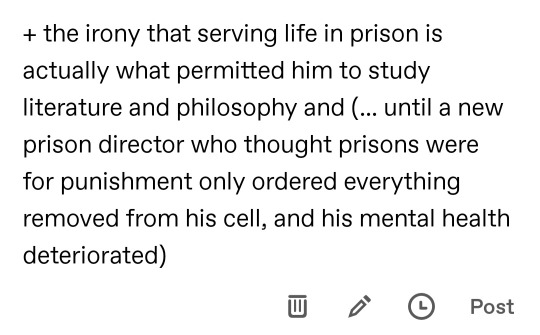
#i have so many posts in my drafts from when i was planning a fic 😂😂😂💀💀💀#basically: not to get put on a watchlist but imagine you're some guy with a shitty life in the late 19th century and your only wish is to#achieve fame and posterity#like you're pretty much never going to do that unless you do something horrible#royalty is famous automatically bastard peasants only if they murder someone important........#not saying it is a good or just goal - at one point he was comfortably employed in the household of a duke but threw it away#like he could've lived a decent life but he left that job on a whim and couldnt get back on his feet so became radicalised#obviously there is mental illness & lack of social cohesion and opportunity & rash personality at work there#none of those excuse murder but just saying. almost all of the lucheni articles out there are extremely unsympathetic of him#for gods sake rudolf killed at least two (2) people and we have meow meow literature of him... it's time for a lucheni era#history#💀😭😂
25 notes
·
View notes
Text
"This would kill a medieval peasant". Most medieval peasants were farmers. You ever tried getting a farmer to go to the hospital? Those guys would truck through anything shy of losing an arm as long as the cows still have to be milked, that peasant is not keeling over from a dorito.
87 notes
·
View notes
Note
I once read the reason why merchants were so ill seen in pre-modern times was because there was a lack of understanding on how they buying a product from a place of production and selling at a place of consumption added value to the product and thus entitled the merchant to selling at a profit something he did not produce. My question is (and I undertand it is quite out of your area of expertise): do you think the Bronze Age civilizations would have shared such a view, or would they have interpreted merchants and their trade closer to how we do, given those civilizations dependance on the commerce of copper and tin?
I don't think it's a question of not understanding - I think it's a question of disagreeing that buying low and selling high as opposed to actually contributing physical labor creates a moral right of ownership.

I would highly recommend Jacob Soll's book on this point, because one of the things he points out is that this attitude or belief was incredibly common across pre-modern societies from Western Europe all the way to Japan and China, in part because these societies were overwhelmingly agricultural economies where the farmer was respected because they were vital to survival, such that even the aristocratic elite tended to espouse a kind of pastoral "gentleman farmer" ideal and despise the values of merchants.
In these contexts, Soll notes, the idea that merchants and other middlemen had economic (and thus moral and cultural) value was something that had to be actively asserted and argued for, and he uncovers a literature on the subject that goes as far back as Cicero and all the way through the Middle Ages and beyond. At the same time, it was an incredibly divisive and contested topic that the merchants didn't win a lot of the time - hence the Church getting behind Aquinas' concept of the "just price," hence why Renaissance bankers had to reverse-engineer lending at interest to get around prohibitions on usury, etc.
#history#historical analysis#merchants#feudalism#ancient history#medieval history#early modern history#nobility#peasants#medieval banking#commercial revolution#medieval economy#political economy#medieval economics
48 notes
·
View notes
Text

The Jacquerie (1358) by Henri Grobet
#jacquerie#art#henri grobet#medieval#middle ages#peasants#peasant#revolt#rebellion#france#french#history#europe#european#uprising#hundred years war#nobleman#noblewoman#nobility#nobles#knight#knights#uprisings#rebellions
59 notes
·
View notes
Photo

Serf
Medieval serfs (aka villeins) were unfree labourers who worked the land of a landowner (or tenant) in return for physical and legal protection and the right to work a separate piece of land for their own basic needs. Serfs made up 75% of the medieval population but were not slaves as only their labour could be bought, not their person.
Continue reading...
177 notes
·
View notes
Text
Was the Black Death all bad? While it killed millions it also transformed Europe’s feudal society, brought on the Rennaisance, and moved wealth from aristocrats to peasants.
31 notes
·
View notes
Text
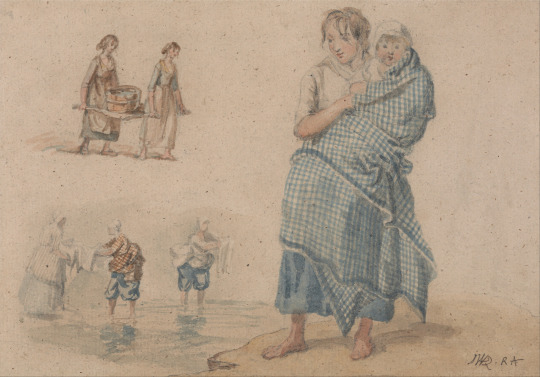
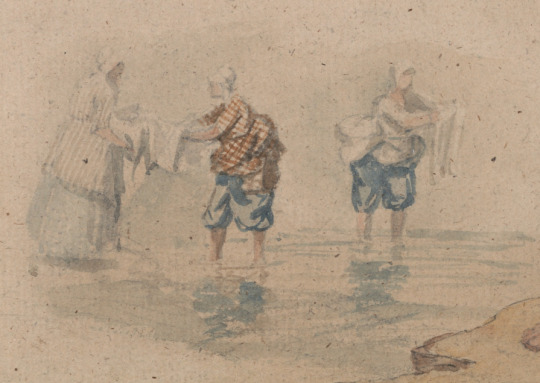
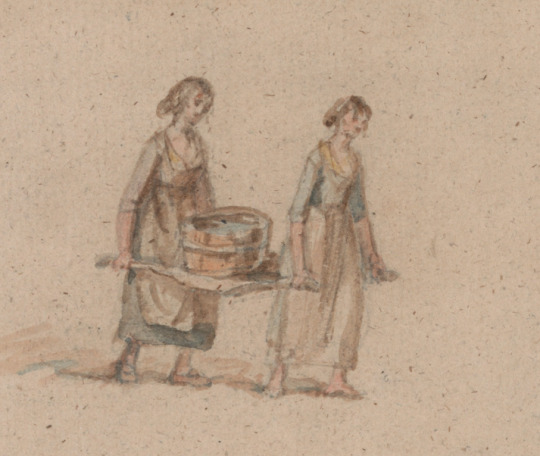
"Scottish Peasant Women" by James Ward(1769–1859)
This might sound strange, but this sort of art is a favorite of mine. Sure it might not be polished, but you get a rare chance at seeing the little details of how people lived in the past.
Look at how the one woman has a baby wrapped in her skirts, or how in the other, the skirts are arranged to keep them out of the water. Its little details like this that are often forgotten in media.
16 notes
·
View notes